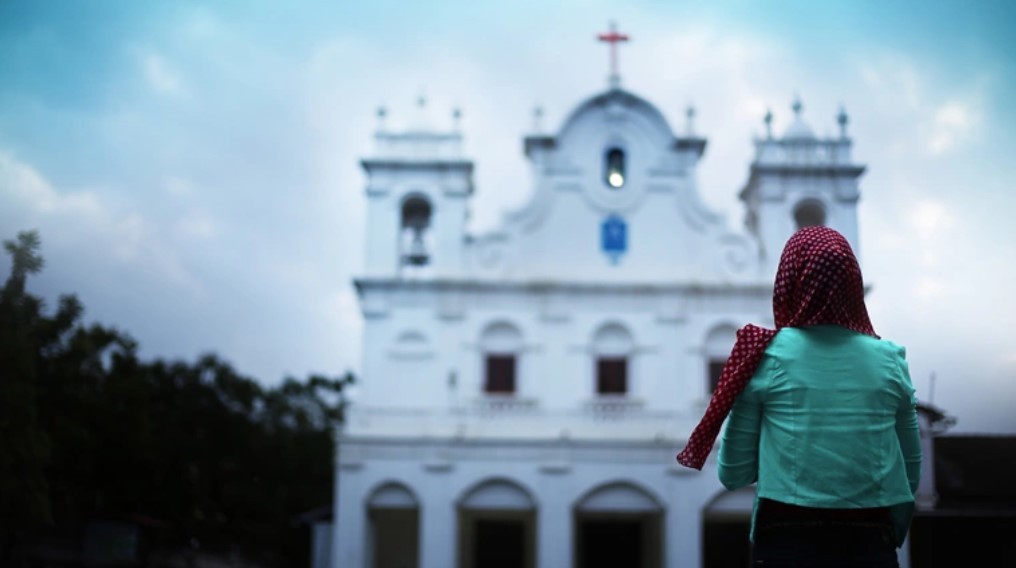Hindu Nationalism and Christian Minorities Series
A talk by Pinky Hota (Smith College)
"The Carnality of Capital: Christian Conversion, Material Excess and Dalits in India"
Time: 4:15pm - 5:45pm
Location: Room 208 Knox Hall, 606 West 122nd Street, between Broadway and Claremont
Abstract: This talk focuses on how Hindu ethnonationalists use sexuality to index the material excesses and indulgences of Christian converts to suture religious conversion to capital in India. Ethno-ationalists rely on the material body as a presumptive “natural” resource to trigger and harness embodied, aesthetic appraisals. At the same time, they engage in a discursive denial of the material body to deny sex as un-Hindu. Doing so, ethnonationalists marshall a long standing perception of Dalits converts as materialistic and spurious converts in order to re-signify such a materialism in terms of a threatening economic ascendancy that usurps the economic dues not just of upper castes but also other minority groups. This talk then showcases Hindu ethnonationalist preoccupations with Christian sex as a site at which to locate ethnonationalist violence against Dalits in the long durée of caste capitalism in India.
Pinky Hota is Assistant Professor of Anthropology at Smith College and is affiliated with the South Asia Concentration and the Program for the Study of Women and Gender. She is a political and legal anthropologist with research interests in indigeneity, religious politics and right-wing populism, minority recognition and citizenship, as well as environment and extraction, especially in contemporary India. She is committed to a feminist public anthropology that demonstrates the strengths of using an anthropological lens to understand contemporary phenomena.
Hota's first project examines Kandha tribal participation in Hindu nationalism and a resulting ethno-religious conflict with local Christians in eastern India. It demonstrates the dangerous implications of indigeneity in aggressive ethno-nationalist politics and shows how indigeneity as a minority formation links the liberal state's program of recognition and religious politics in ways that undermine other minority claims within the nation state. This research lays bare the dark side of indigeneity in India, but also elsewhere, as tropes of nativism and authentic belonging increasingly rear their head in ethno-nationalist and populist politics across geographies. For her second project, Hota hopes to examine the negotiations between tribal groups, the Indian state and mining companies to examine the synergies and contradictions between indigenous, environmental and extractive claims and futures.

